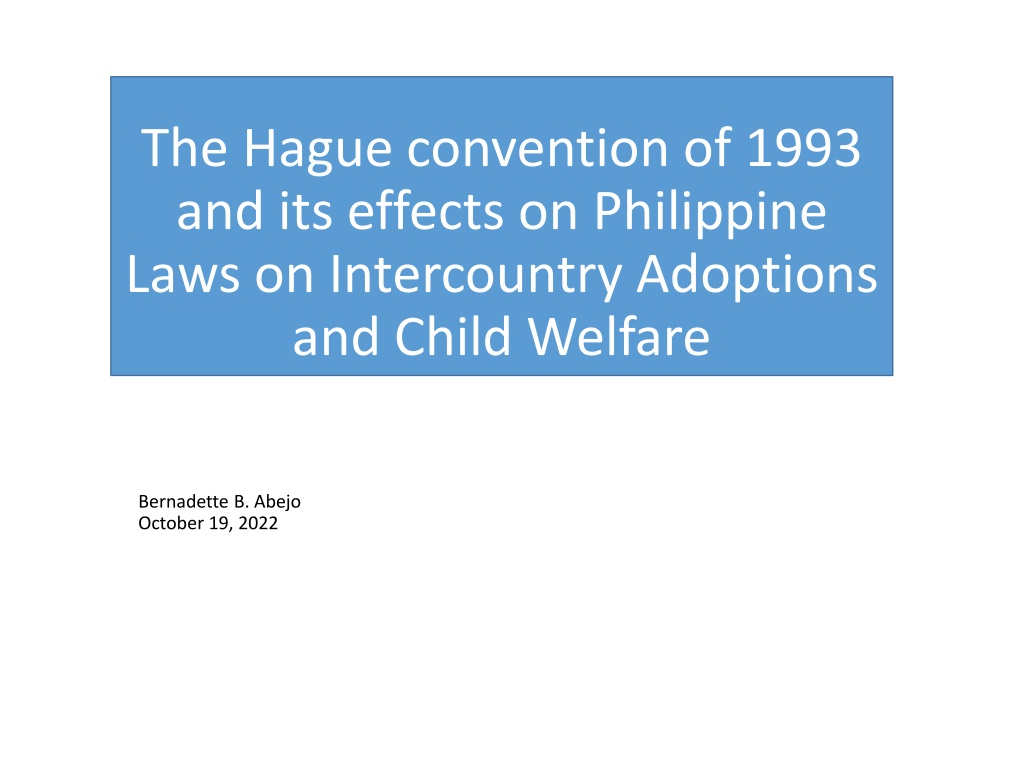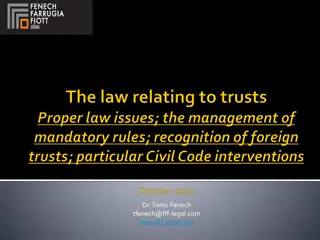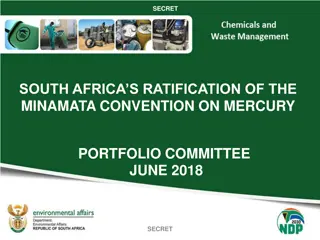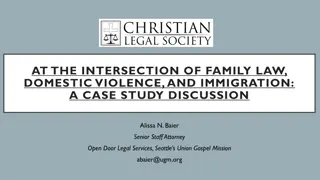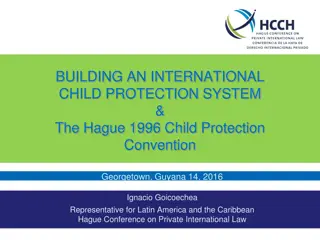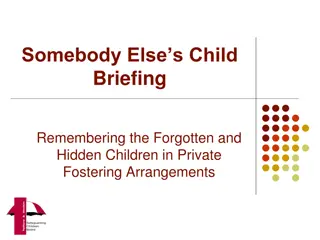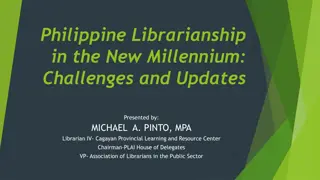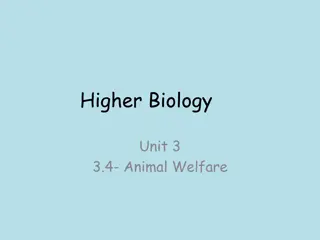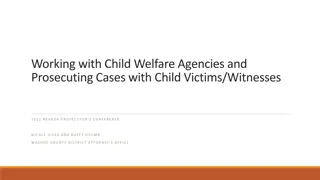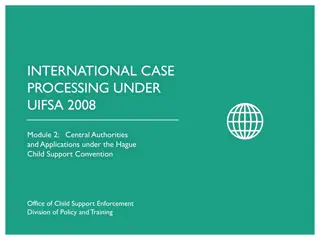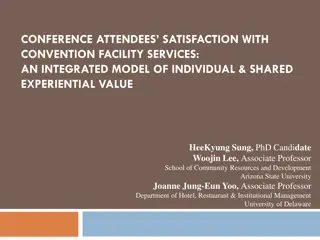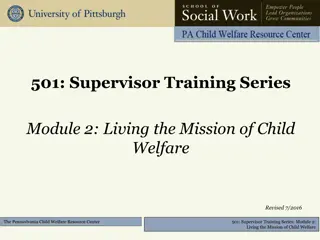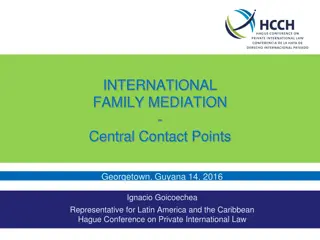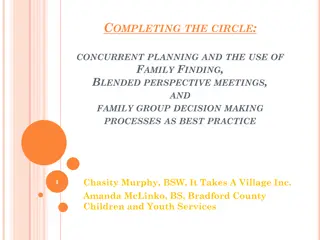The Hague Convention of 1993 and Its Impact on Philippine Laws on Intercountry Adoptions and Child Welfare
The Hague Convention of 1993 plays a significant role in shaping Philippine laws regarding intercountry adoptions and child welfare. This convention emphasizes principles like the best interests of the child, subsidiarity principle, and prohibition of improper gain. It guides policies and legislation aiming to enhance child protection systems in the country. Practical applications of the convention address challenges such as children left behind, lack of local laws, ambiguous laws, and strict religious-based laws. The focus remains on child welfare, ensuring the best interests of the child through coordinated efforts between central authorities of the state of origin and receiving states.
Download Presentation

Please find below an Image/Link to download the presentation.
The content on the website is provided AS IS for your information and personal use only. It may not be sold, licensed, or shared on other websites without obtaining consent from the author. Download presentation by click this link. If you encounter any issues during the download, it is possible that the publisher has removed the file from their server.
E N D
Presentation Transcript
The Hague convention of 1993 and its effects on Philippine Laws on Intercountry Adoptions and Child Welfare Bernadette B. Abejo October 19, 2022
HAGUE CONVENTION OF 1993 Date Signed : Date Ratified Came into force July 17, 1995 : July 2, 1996 : November 1, 1999
Key Principles of the 1993 Convention Best Interest of the child Subsidiarity principle Prohibition of improper gain
Best Interests of the child Best interests or best interests of the child the principle is derived from Article 3 of the UN Convention on the Rights of the Child: in all actions concerning children, whether undertaken by public or private social welfare institutions, courts of law, administrative authorities or legislative bodies, the best interests of the child shall be a primary consideration . xxx all the elements necessary to make a decision in a specific situation for a specific individual child or group of children .
Policies & Legislation on the Improvement of Child Protection System 1. RA 9523 CDCLAA Law requiring the issuance of a certificate showing that the child is suitable for adoption. 2. PSA MC 2021-24 Guidelines in the Registration of the Certification of Live Birth of persons with unknown parents. 3. RA 11642 Domestic Administrative Adoption and Child Welfare Act 4. RA 11767 Foundling Recognition and Protection Act 5. Adoption awareness campaigns and seminars
Practical/ Possible Applications of the 93 Convention Children Left behind Lack of Local laws Ambiguous local laws Strict religious based laws.
FOCUS: Child welfare Best interests of the child Central Authority of the state of Origin Local Child welfare/protection Central Authority of the receiving state Child welfare/protection
Article 17 Both states to agree to the suitability of the Adoption CA (NACC) Sending/C ountry of Origin (Child is suitable) CA Receiving Country (PAP s are qualified)
Cooperation among Central Authorities Setting minimum standards for child protection Setting a legal framework for co-operation between Central Authorities of State of Origin and receiving states. Prevent: abduction, sale, traffic of children, remove abuses in intercountry adoptions Ensure the automatic recognition of Convention Adoption in receiving state.
